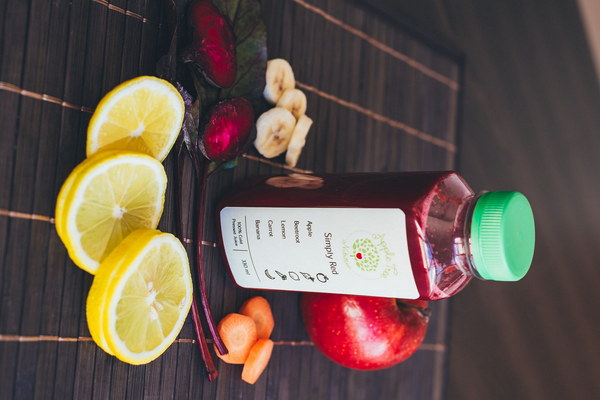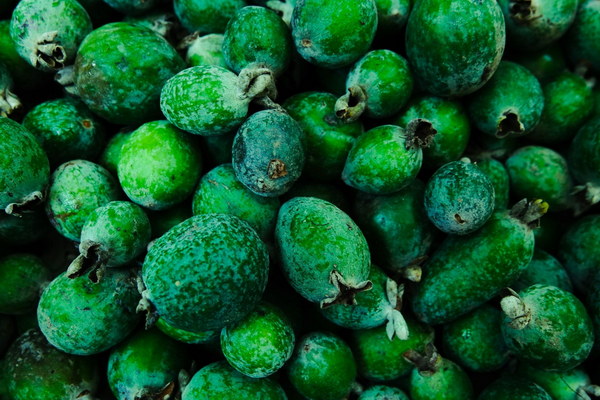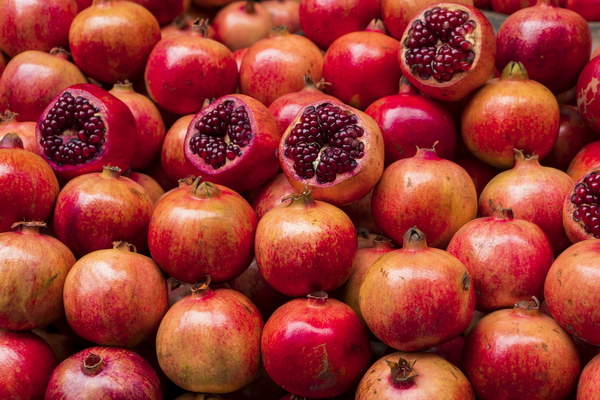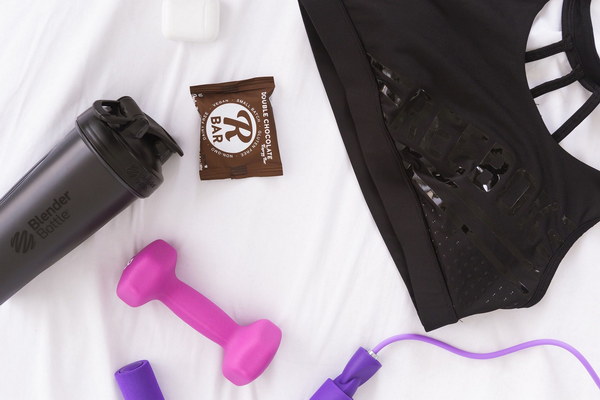Winter Care for Liver How to Nourish and Protect Your Liver During the Cold Season
As the temperatures drop and the world turns a frosty hue, the body often responds by seeking warmth and comfort. However, winter isn’t just a season for hibernation; it’s a crucial time to pay special attention to our liver health. The liver, a vital organ responsible for filtering toxins, metabolizing nutrients, and producing bile, can be particularly sensitive during the cold season. Here’s how to nourish and protect your liver this winter.
1. Balance Your Diet

A balanced diet is the cornerstone of liver health. During the winter, incorporate these liver-boosting foods into your meals:
- Greens: Dark leafy greens like kale, spinach, and Swiss chard are rich in chlorophyll, which can help neutralize toxins and aid in the liver’s detoxification process.
- Fatty Fish: Fish like salmon, sardines, and mackerel are packed with omega-3 fatty acids, which can help reduce inflammation and support liver function.
- Cruciferous Vegetables: Broccoli, cauliflower, and Brussels sprouts contain sulfur compounds that stimulate the liver to produce enzymes that aid in the detoxification of harmful chemicals.
- Beets: These vibrant root vegetables are high in betalains, which can help support the liver and reduce inflammation.
- Lemons and Limes: These citrus fruits are rich in vitamin C, which helps boost the immune system and supports liver function.
2. Stay Hydrated
Cold weather often leads to dehydration, which can affect liver function. Drinking plenty of water throughout the day helps to flush out toxins and keep the liver healthy. Aim for at least 8 glasses a day, and consider adding a slice of lemon or ginger to your water for an extra liver-boosting kick.
3. Limit Alcohol Consumption
Alcohol is a known liver toxin, and its effects can be exacerbated during the winter months when the body’s metabolism slows down. Limit your alcohol intake or opt for liver-friendly beverages like green tea, herbal teas, or mocktails.
4. Exercise Regularly
Physical activity can improve blood flow, which aids in the delivery of oxygen and nutrients to the liver. Even mild exercise, such as walking or yoga, can help keep the liver healthy. Aim for at least 30 minutes of moderate exercise most days of the week.
5. Get Adequate Sleep
Sleep is essential for overall health, including liver function. During the winter, it’s important to maintain a regular sleep schedule and aim for 7-9 hours of quality sleep each night. This helps the liver regenerate and perform its detoxifying functions efficiently.
6. Manage Stress
Stress can take a toll on the liver, so it’s important to find healthy ways to manage stress during the winter. Activities such as meditation, deep breathing exercises, or engaging in hobbies can help reduce stress levels.
7. Avoid Over-the-Counter Medications
Over-the-counter medications like acetaminophen can be harmful to the liver if taken in excess. Always follow the recommended dosage and consult a healthcare professional if you have any concerns.
8. Consider Supplements
In some cases, your liver may benefit from specific supplements. Consult with a healthcare provider before starting any new supplement regimen. Some options include:
- Milk Thistle: Known for its liver-protective properties, milk thistle contains silymarin, which can help protect the liver from damage.
- Artichoke: Artichoke extract has been shown to support liver function and increase bile production.
- Dandelion: Dandelion root is a natural diuretic and can help the liver filter out toxins.
In conclusion, winter is a season when the body requires extra care and attention, especially for the liver. By following these tips, you can ensure that your liver remains healthy and efficient throughout the cold season. Remember, a healthy liver is the key to a healthy you.









